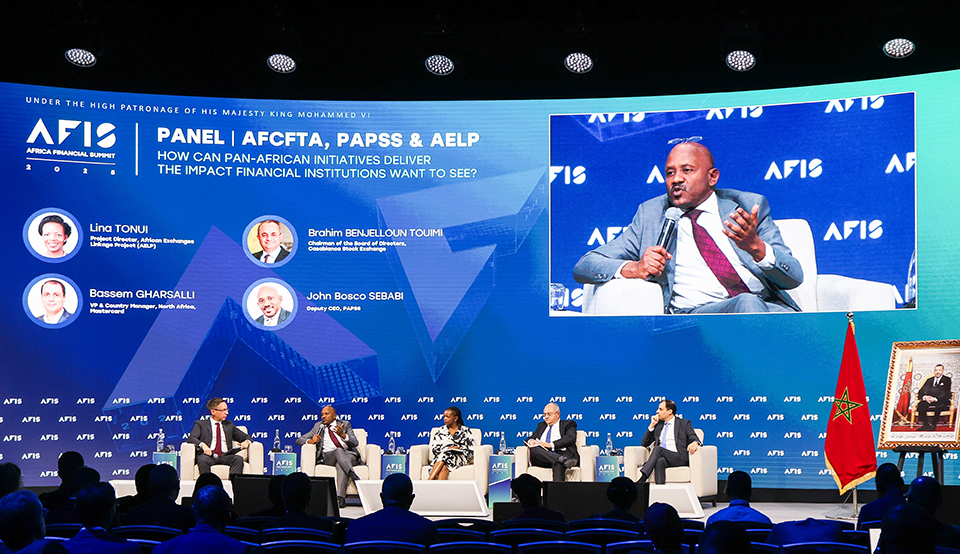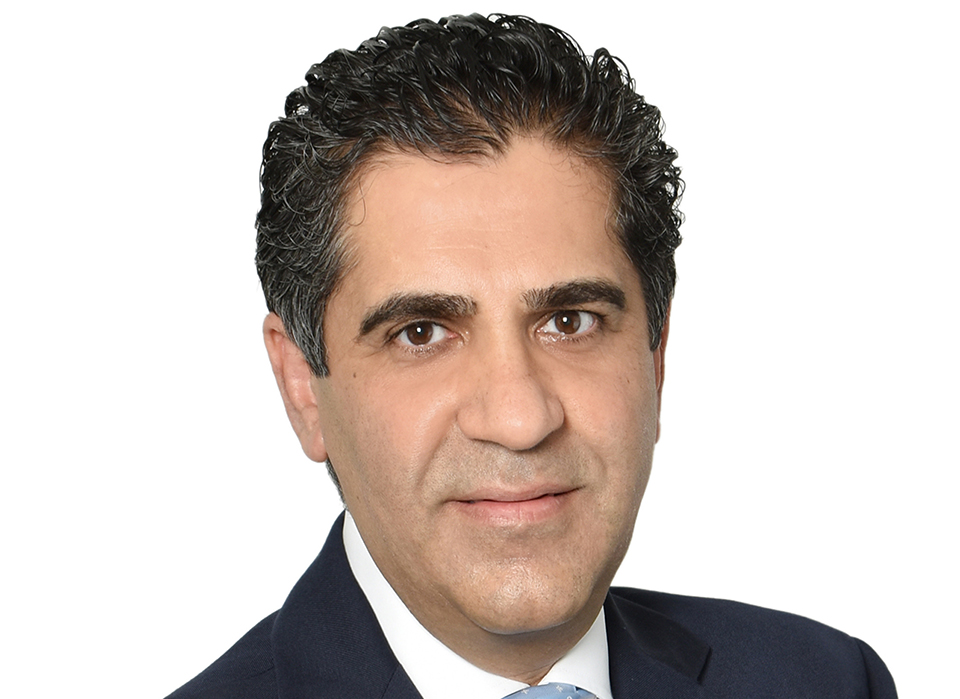ISO 20022 was one of the most widely discussed themes at the global financial networking event Sibos last month. But with adoption still in its infancy, banks have a lot of work to do before they can offer enhanced cash management and richer data services across their corporate customer base.
To accelerate this process, financial institutions are working closely with enterprise resource planning developers to increase understanding of the opportunities created by enhanced automation in areas such as reconciliation and enhanced or enriched data, including legal entity identifiers and purpose-of-payment codes.

“Now is the time not just to think of systemic readiness, but of individual use cases and what structured enhanced data may mean for corporate payment flows, both outbound and inbound,” says Oonagh McGrane, director financial institution commercialization, client products at Lloyds Bank.
Access intelligence that drives action
To unlock this research, enter your email to log in or enquire about access





